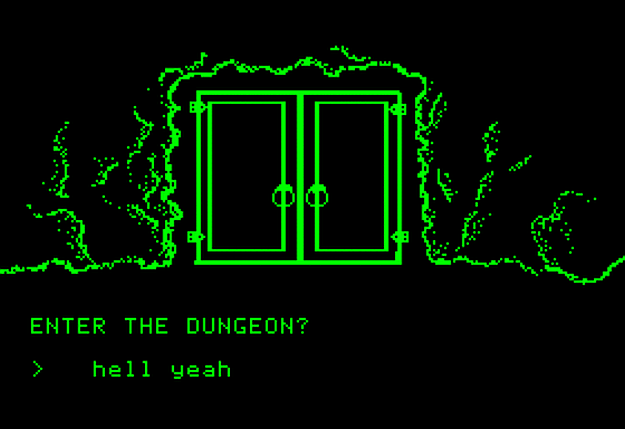EzekielRaiden
Follower of the Way
I know I'm a bit late to the party on this one, but this pretty well encapsulates exactly my problem with a lot of OSR.To me, this is the most salient quote in the blog post:
"Therefore, by not systematizing something, we give it the power to expand and dominate a part of the conversation, because without rules the fiction must be resolved through discussion. For example, by not giving characters a skill for finding traps or disarming them (but putting them in direct conflict with traps), we plant fertile seeds for emergent play about discussing how to find, avoid, and disarm traps in detail. Conversations that cannot be skipped with a skill roll."
The most core tenent of OSR play is that play is supposed to be about negotiation. Ideally, negotiation with an impartial DM that's acting as a "world simulator" who is generating material as impartially and algorithmically as possible.
All rule sets beyond that have an implicit purpose of moving some of the authority to make all decisions away from the DM. That could be towards table-visible resolution methods or more directly towards the players.
I don't think DMs are or can be sufficiently impartial to make this negotiation sustainable. (Note: sustainable, meaning, keeping it up forever without failure of impartiality.) I don't think most players want to be having to constantly re-litigate everything they've already attempted the next time they attempt it. And, most importantly, I don't think "EVERYTHING is negotiation" is actually a form of gameplay at all.
Don't get me wrong. I love Dungeon World, and it describes itself as a conversation. But that conversation has a specific component that most conversations don't: the moments when mechanics resolve things. Because the conversation occasionally produces a conflict or a contest or a risk or whatever else, where we don't know what the consequence should be. Those places are precisely what the mechanics are for. Treating this as an icky awful thing to be avoided at all costs weakens the process, because now there never is an actual resolution, there's just a "we'll leave it there for now".
A DM that is actually impartial and who treats similar situations in similar ways IS, functionally, writing rules. They're just writing rules the players aren't allowed to see, so they're constantly bumping into things.* And if the DM in question decides "okay, we know and agree on how X works, so we'll just write that down so that we don't have to re-litigate it every time", they literally are doing the thing you explicitly reject here as unacceptable in OSR play. They are saying that the negotiation is done, it doesn't have to be repeated, we know what's going to happen.
Now, the converse side--where there are only rules, zero improv, zero discussion, zero wiggle-room--is just as bad. Board games get away with it because their play-space is severely limited. TTRPGs embrace far too large a spectrum to do that. But that doesn't mean that well-defined rules are a bad thing. It means that those well-defined rules need to be well-crafted and fit for purpose, so that the participants elect to negotiate when the defined rules fail them, rather than having to eternally reopen the discussion and re-argue the points and figure out for the umpteenth time whether X counts or doesn't count etc.
*There is a game that works this way. It's called Mao, and is...not for everyone for that exact reason.



